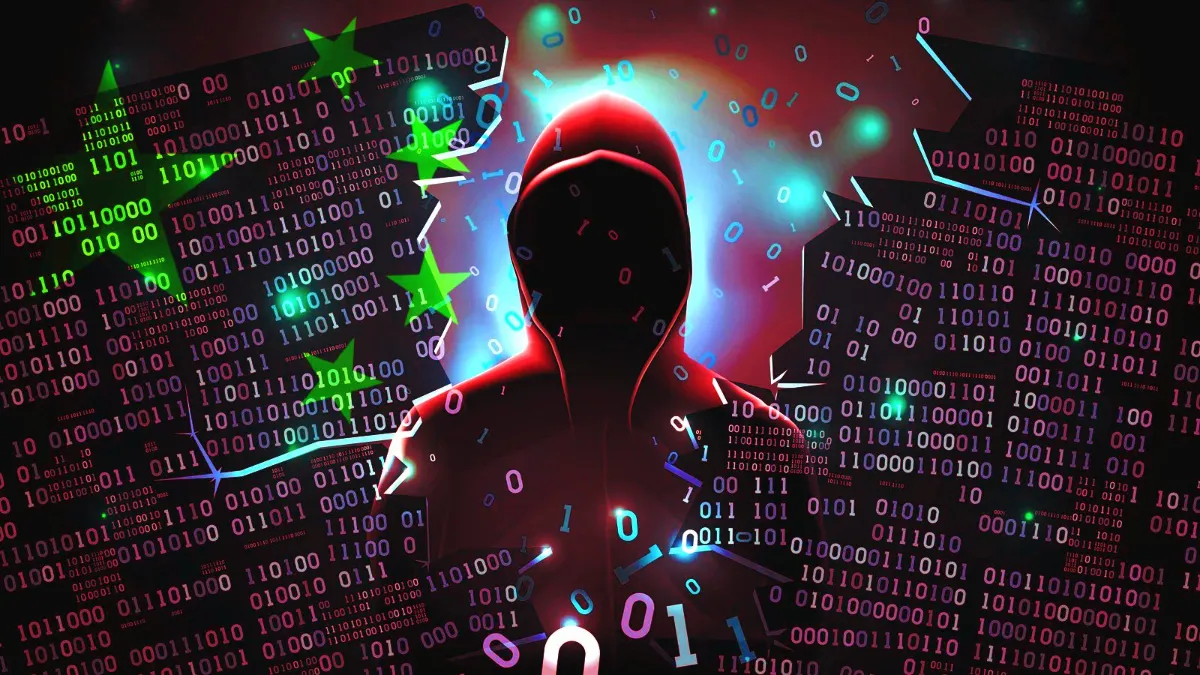In a stark warning to the House select committee, FBI Director Chris Wray shed light on a growing and formidable cyber threat from China that has the potential to disrupt critical infrastructure in the United States. Wray’s testimony came in the wake of a successful operation that thwarted a state-backed Chinese effort named Volt Typhoon, aiming to plant malware capable of damaging civilian infrastructure across the nation. The revelation underscores the urgent need for robust cybersecurity measures to safeguard against such attacks that, if successful, could impact the lives of every American.
US officials recently revealed that they had disrupted a significant cyber campaign orchestrated by Chinese hackers using a botnet of hundreds of small office and home routers based in the US. These routers, owned by private citizens and companies, had been hijacked by the hackers to obscure their activities as they planted malware. The targets of this operation included critical infrastructure such as water treatment plants, the electrical grid, and transportation systems, posing a direct threat to the nation’s security.
Wray emphasized that this operation was just one manifestation of Volt Typhoon’s multifaceted approach, utilizing various avenues such as cloud and internet providers to infiltrate targets while remaining disguised within normal traffic. The FBI and the Justice Department obtained search-and-seizure orders in December, but the exact impact of the disruption remains undisclosed.
Director Wray expressed concern over the lack of public attention to the pervasive cyber threat from China, stating that “China’s hackers are positioning on American infrastructure in preparation to wreak havoc and cause real-world harm.” He underscored that the threat extends beyond espionage or theft of business secrets; it aims at causing direct harm to American citizens and communities if and when China deems it necessary.
Jen Easterly, the director of the Department of Homeland Security’s Cybersecurity and Infrastructure Security Agency, echoed Wray’s sentiment during the hearing. She highlighted the potential consequences, emphasizing that disruptions to pipelines, telecommunications, water facilities, and transportation could lead to societal panic and chaos, hindering the country’s ability to mount a sufficient response.
One of the challenges in combating cyber threats is the adaptability of state-backed hackers, especially from countries like China and Russia. These actors excel at finding new intrusion methods, exploiting vulnerabilities in outdated technology. In the case of Volt Typhoon, the hackers took advantage of basic flaws in technology, specifically targeting outdated Cisco and NetGear routers no longer supported with security updates. This highlights the need for urgent measures to secure and update critical infrastructure.
The recent disruption of the Volt Typhoon operation serves as a wake-up call for the United States to fortify its cybersecurity defenses against evolving and persistent threats from state-backed actors. As the nation faces the prospect of cyber-attacks that could cripple essential services, there is an urgent call for investment in updating and securing critical infrastructure. The cyber battlefield is constantly evolving, and it is imperative that the United States remains vigilant to protect its citizens, institutions, and vital systems from potential harm in this digital age.


